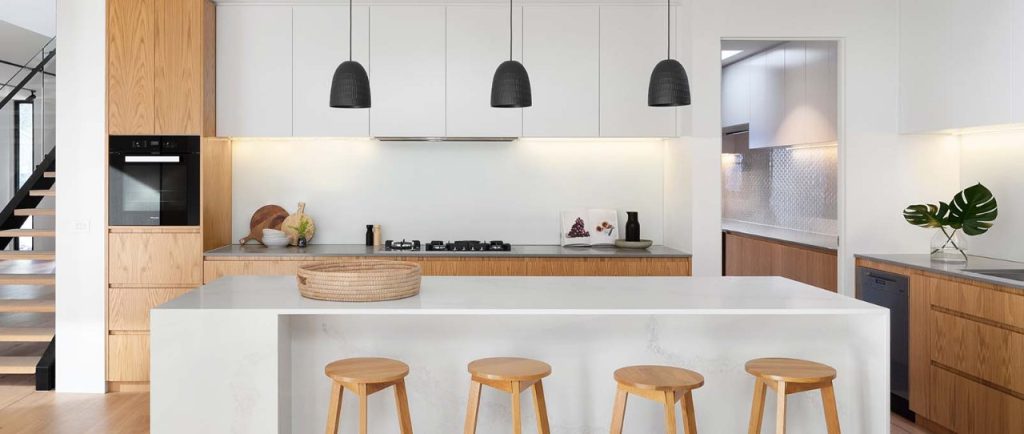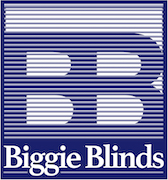The Basics of Kitchen Lighting

HOW TO ACHIEVE THE RIGHT BALANCE OF LIGHT IN THIS MULTI-FUNCTIONAL SPACE
The kitchen—the heart and hub of most homes—requires lighting that works for everything from meal prep and cleanup to quiet dinners and even homework.
So how do you achieve lighting that makes the space look good, but that also meets the needs of the activity at hand? Look to layering—specifically, ambient, task and accent lighting.
(Keep in mind that while layering is key, the number of fixtures and where you place them depends on your kitchen’s size and its layout.)
Ambient lighting provides overall light for the room, with ambient light fixtures illuminating light evenly across your kitchen floor. Recessed lights mounted in the ceiling provide ambient light, as do flush-mount or semi-flush-mount fixtures and pendant lights.
CONSIDER THESE DESIGN ELEMENTS
Task lighting, which is brighter than ambient lighting, casts light down over your work area, so you can easily see what you’re doing. Under-cabinet lights are great for over countertops and sinks, while pendant lights work well over islands or your kitchen table. (Avoid placing pendant lights directly above appliances, like your stove, that already have built-in lights.) You can also illuminate the insides of kitchen cabinets or drawers with LED strips or tape.
Accent lighting creates a focal point in the room. It’s ideal for highlighting architectural features or collections (like pottery, stemware or vintage plates). Fixtures that provide accent lighting include in-ceiling cove lights as well as puck lights that you mount on the inside of cabinets. Even toe-kicks around islands and cabinets can become accent pieces, adding depth to a room, with LED rope or tape lights.



